Euro 96 and the two sides to any major tournament
How a tournament is played and how it makes people feel are two very different things but, as Miguel Delaney writes, both are key to any competition’s legacy

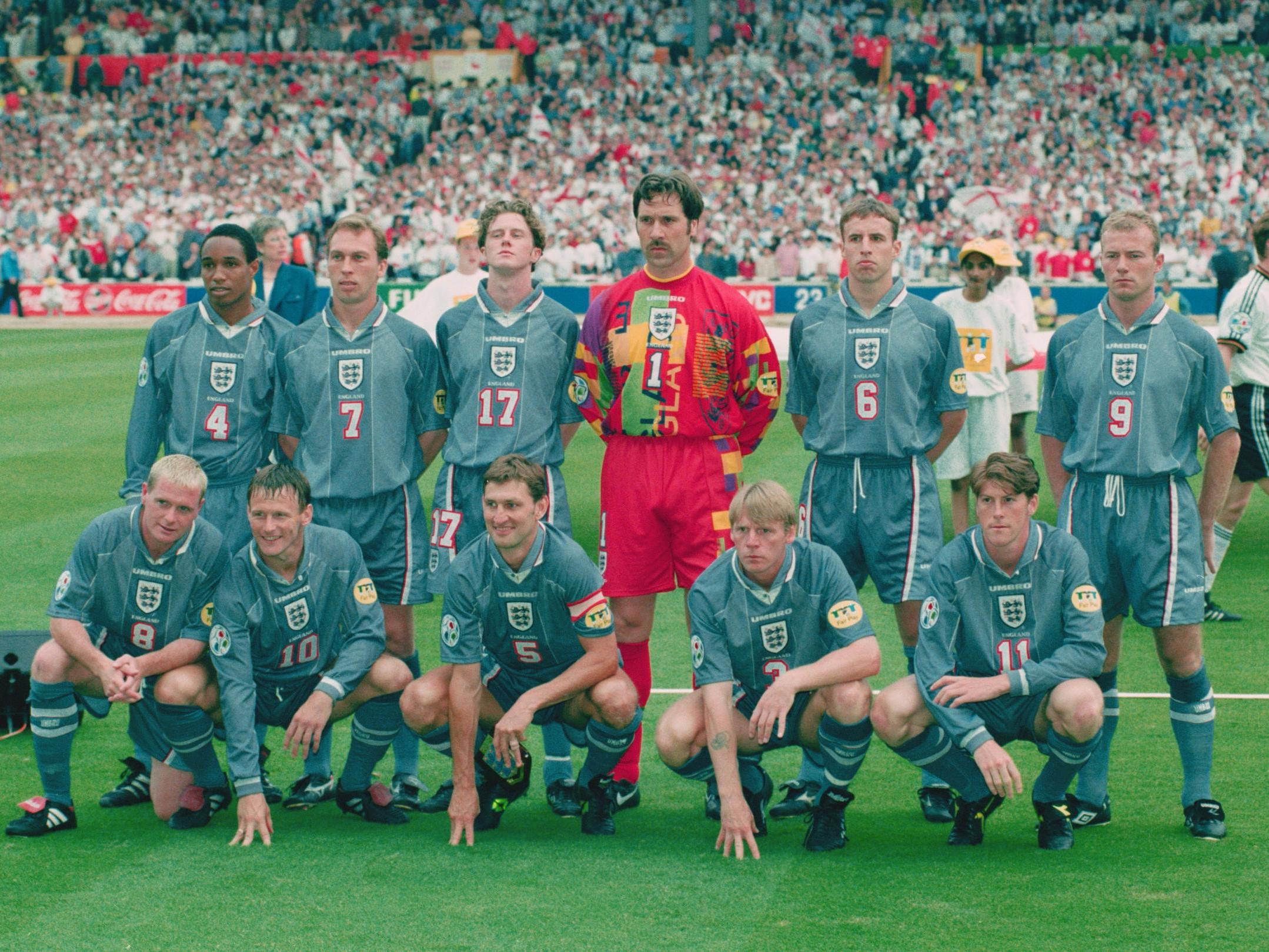
When you ask anyone that was on the Wembley pitch what their main memory was of England’s Euro 96 semi-final with Germany, there’s one moment that stands out - and is recalled with so much more emotion - than any other. It isn’t any of the actual goals, or even Gareth Southgate’s penalty miss.
It is, of course, another miss: Paul Gascoigne’s chance in the second half of extra-time. All of the eight players spoken to for The Independent’s oral history last week talked about that moment more than any other in the game, and with much more animation. Most usually responded with some kind of exhalation, before being able to put their thoughts into words.
“The relief,” Steffen Freund said. “The agony,” Darren Anderton added. The pure emotion.
That is what really elevates that moment, and what tends to elevate tournaments in general.
Inherent to Gascoigne’s miss was a profound intensity of feeling as well as what actually happened and what might have been.
“That’s what makes football history,” as Anderton said.
It had a power beyond any pretty goal, any perfect piece of play.
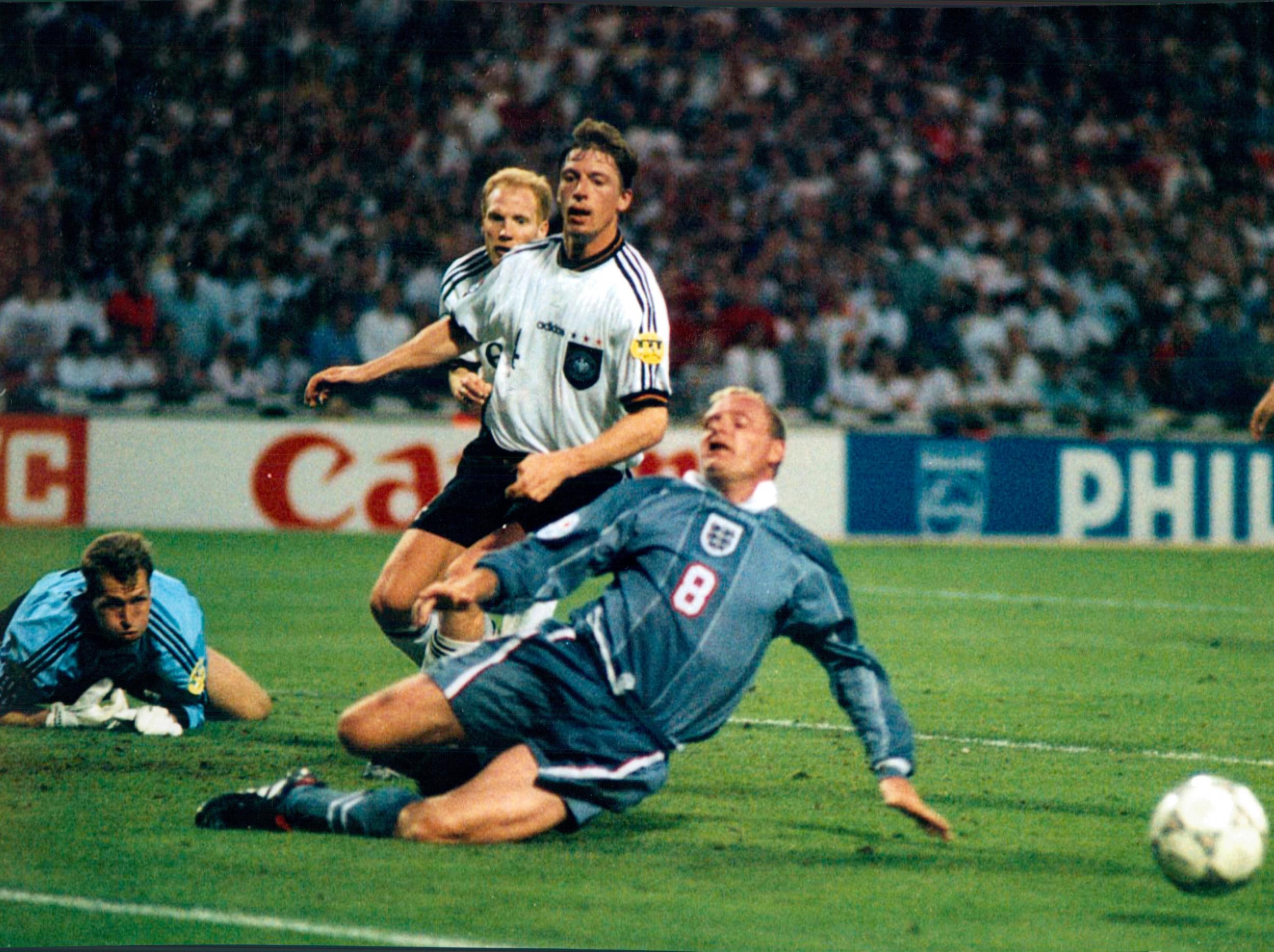
Germany were left so merciful about what they might have lost. England were left gutted about what they could have won.
And just are two sides - as well as a potential alternate history - to a moment like that, there are two sides to any international tournament.
One is how it is actually played. The other is how it makes people feel. The two are very different, but both are key to a competition’s legacy.
It is why Euro 96 can be a great event, with great moments and memories, but not necessarily a great football tournament.
Italia 90 is a classic of this. Euro 2008 is the opposite. The football was high quality, and good to watch, but it didn’t really stir the emotions. There weren’t too many historic moments or epic matches. Even for champions Spain, the emotional release of their long-awaited victory was emotionally overtaken by their World Cup win two years later.
It is also that historical legacy that is key. Every international tournament of course has its own self-contained quality that sets it apart. That’s only more pronounced for every individual person, and always influenced by age and situation in life. Many people measure their lives by international tournaments.
As to measuring international tournaments themselves, there are a few key elements that truly elevate them. They are: that historical legacy, entertainment, individual moments, setting and - simply - quality.
It is the last where Euro 96 someway falls down.
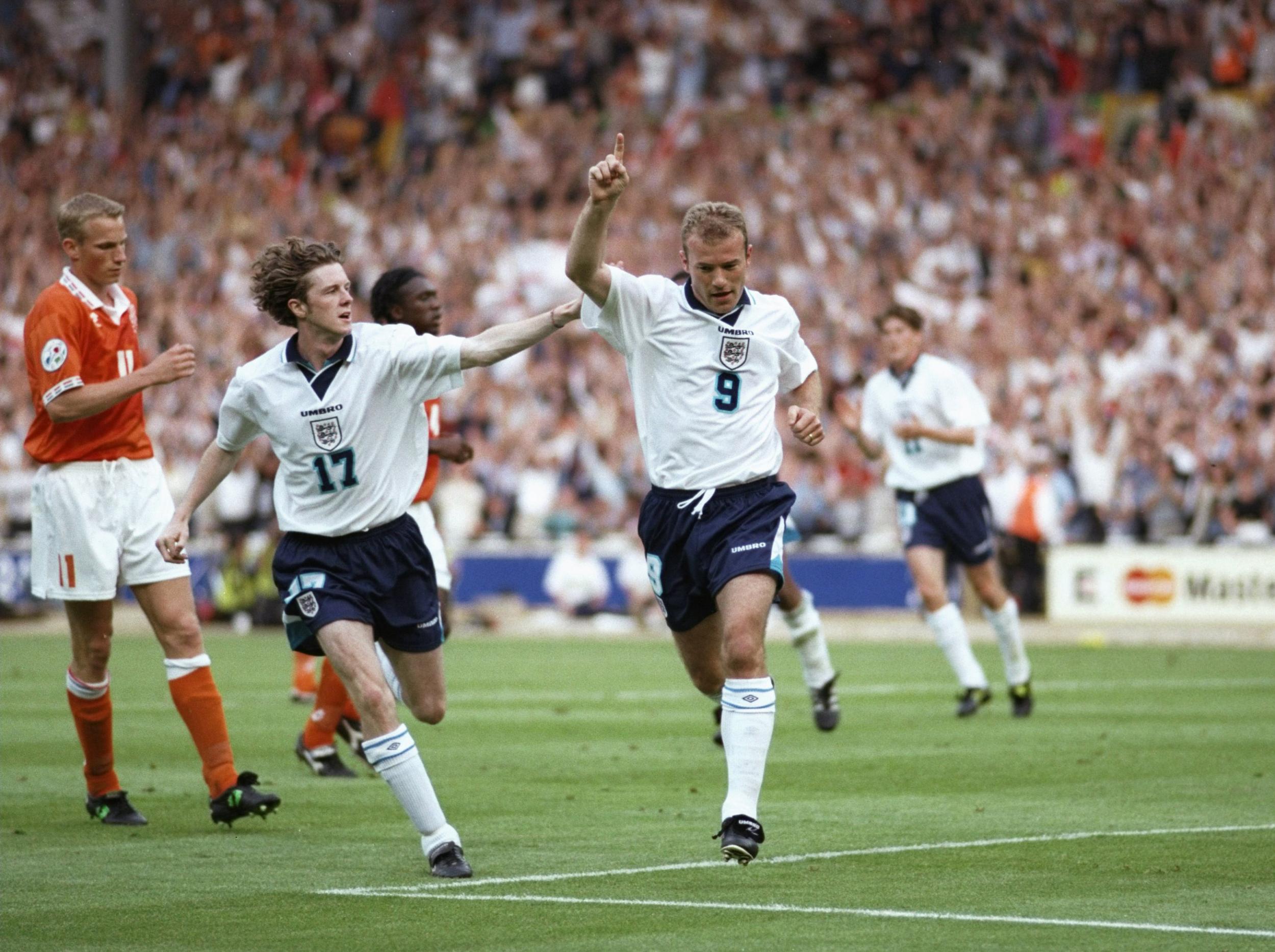
The competition came towards the end of an era when international football was still the highest level of the game - something that was to properly end at the 2002 World Cup. Euro 96, however, even fell between periods in that.
Too many of the best teams were either past their best, or not there yet.
Italy, Bulgaria and Romania were nowhere the class they had in USA 94. Netherlands, France, Portugal, Croatia and even finalists Czech Republic were at that point mere nascent sides.
This is one reason why Euro 2000, in contrast, would be so good.
It should thereby be no surprise that something of a place-holding Germany - filled with good professionals in their prime - stood steadiest to win it. It is also why England should feel a sense of regret they didn’t. They probably had the best balanced squad in the tournament in terms of status, with the most elite players close to their peak.
Alan Shearer was one of few stars at Euro 96 to really reach the standard you expect of great tournaments, along with Matthias Sammer, Davor Suker and Jurgen Klinsmann. There were otherwise only flashes, or flashes in the pan like Karel Poborsky.
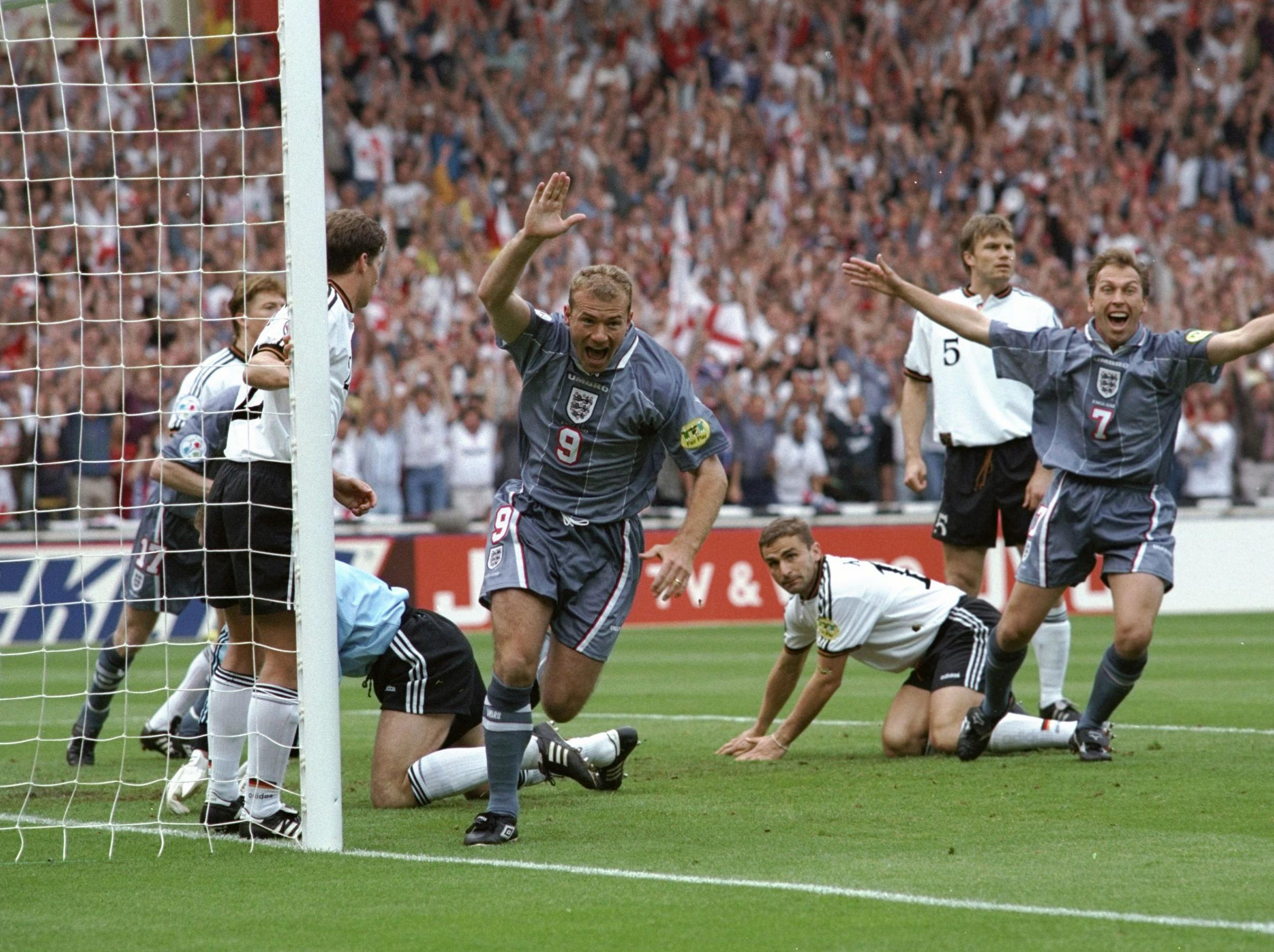
It’s difficult not to think this is why there weren’t that many historic moments or epic matches outside England games.
As regards the former, there was Suker’s chip against Denmark as well as his pull-back against Germany, Poborsky’s scoop and Italy’s elimination.
As regards the latter, there was Russia 3-3 Czech Republic, Germany 2-1 Croatia, Spain 2-1 Romania and maybe Italy 1-2 Czech Republic.
It’s similarly difficult not to think this was someway because it was an era between tactical evolutions, too. This was the brief era where 3-5-2 was dominant, and was implemented by Germany as well as England. The fact Terry Venables sought to use actual wingers - in Steve McManaman and Darren Anderton - rather than wing-backs made his side the most sophisticated in the tournament. It also made the semi-final against Germany the genuine game of the tournament, crackling with attacking energy.
The other semi-final was nothing of the sort, and points to this other side of Euro 96. Czech Republic and France were two counter-attacking teams at that point, primarily based on defence.
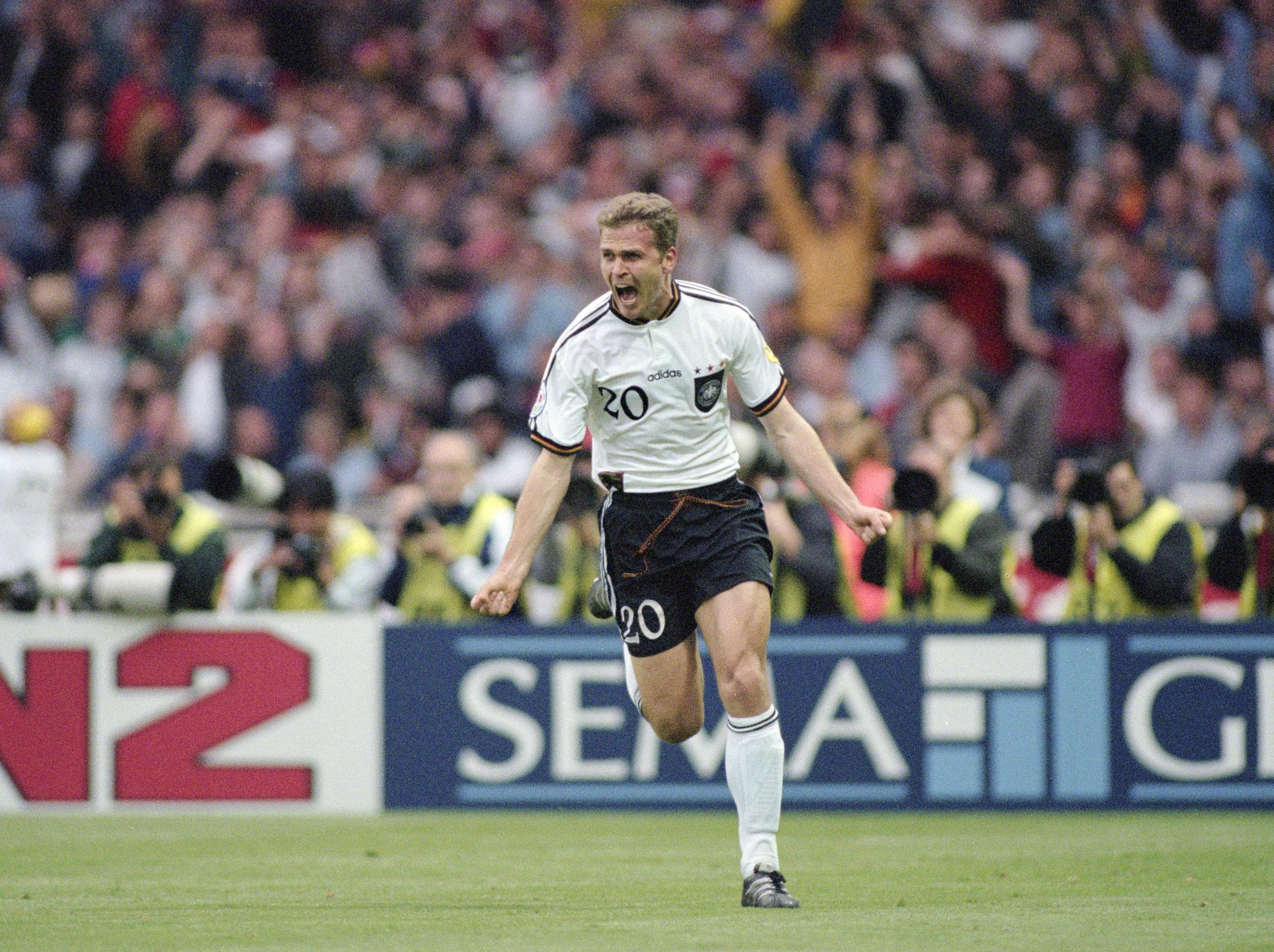
“We didn’t play any spectacular football, to be honest,” Vladimir Smicer told The Independent. “We just tried to defend and hit teams on the break. We were not good enough to control the game, to dictate the tempo of the game.”
Marcel Desailly meanwhile says “the partnership between all the defensive players was key”.
“It was built up slowly and purposefully.”
This was quite different from the smooth attacking side that would enliven Euro 2000.
This is also one reason why Euro 96 was the lowest scoring European Championships since 1980 - which had only two groups and no semi-finals.
Its knock-out stages had less than half the goals of Euro 2000’s. There were then the numbers in the crowd. For the home of football, many were unwilling to get out and watch. That semi-final between France and Czech Republic at Old Trafford had a mere 43,000 attending. Fewer than 20,000 watched Romania against Bulgaria - or, if you like, Hristo Stoichkov against Gheorge Hagi - at St James’ Park.
Much of this was admittedly down to the ludicrously high price of tickets, which is another aspect that complicates Euro 2000 given the way this period saw the hyper-capitalisation of the game take such pace.
This, of course, wasn’t a problem for any England game. You might even say it was when they become something of the people’s team again, even if the immediate departure of Venables - and curious reign of Glenn Hoddle - complicated that too.
There was little complicated about the atmosphere around England’s actual tournament, though. It was mostly so joyous.
They put in the best performance, through their victory over Netherlands, and were involved in most of the best games.
Even Gascoigne’s own most memorable moment was a goal of glorious brilliance, rather than that miss.
Again, two sides.
Join our commenting forum
Join thought-provoking conversations, follow other Independent readers and see their replies
Comments
Bookmark popover
Removed from bookmarks